Dentures vs. Implants for Seniors: What’s Better Long Term?
August 12, 2025 9:00 amLosing teeth can feel like a big shift, but it doesn’t have to mean losing comfort or confidence. Today’s dental options give seniors more ways than ever to restore a strong bite and a natural-looking smile. Two of the most common choices—dentures and dental implants—each come with unique benefits. Understanding how they work and what fits your lifestyle can make your decision much easier.
Traditional Dentures: A Familiar Option
Dentures have been around for generations, and for good reason—they’re reliable, removable, and can replace multiple teeth at once. They’re custom-made to fit your mouth and can give you back a full smile in just a few weeks. However, dentures rest on the gums, so they can shift slightly while speaking or eating, and they don’t prevent bone loss in the jaw over time.
Dental Implants: A More Permanent Solution
Implants work a little differently. A small titanium post is placed into the jawbone, acting like a natural tooth root. This not only keeps the restoration stable but also helps maintain healthy bone and facial structure. While the process takes longer, implant restorations are designed to be a long-term solution that feels and functions much like natural teeth.
A Hybrid Option: Implant-Supported Dentures
For many seniors, implant-supported dentures offer the best of both worlds. Instead of resting directly on the gums, the denture snaps securely onto a few strategically placed implants. This design provides more stability than traditional dentures, reduces the need for adhesives, and helps maintain bone health. They’re also easier to clean than a full set of individual implants, making them a practical long-term choice for many patients.
Comfort and Function Over Time
Implants often feel more like natural teeth. They allow you to bite and chew with greater confidence and without dietary restrictions. Dentures can also restore function, but some people find they shift or rub over time, especially as the jawbone changes. Adhesives and adjustments can help, but they may not match the stability of implants.
Considering Cost and Maintenance
Dentures are typically less expensive at the start, but they may need replacing every 5–8 years. Implants require a larger initial investment, but their durability can make them more cost-effective in the long run. Daily care is essential for both—brushing, cleaning, and regular dental visits help ensure they last.
Restoring Smiles at River City Dental in Fort Smith, AR
At River City Dental in Fort Smith, AR, Dr. Peyton Aven and Dr. Emily Steininger work with seniors to find the tooth replacement option that fits their lifestyle, health needs, and goals. Whether you’re leaning toward dentures, considering dental implants, or exploring implant-supported dentures, we’ll walk you through the pros and cons so you can feel confident in your decision. Call today to schedule a consultation and start planning for a smile that serves you well for years to come.



